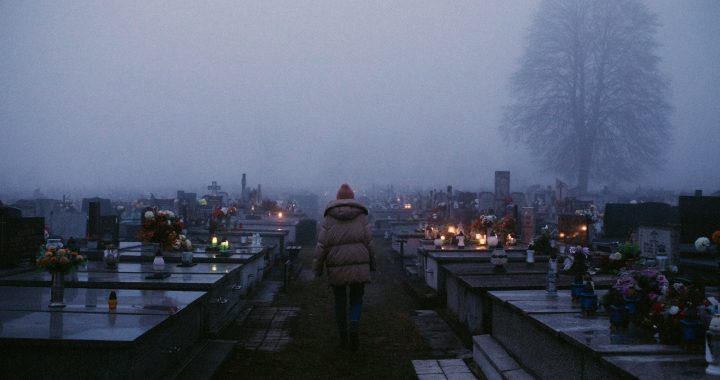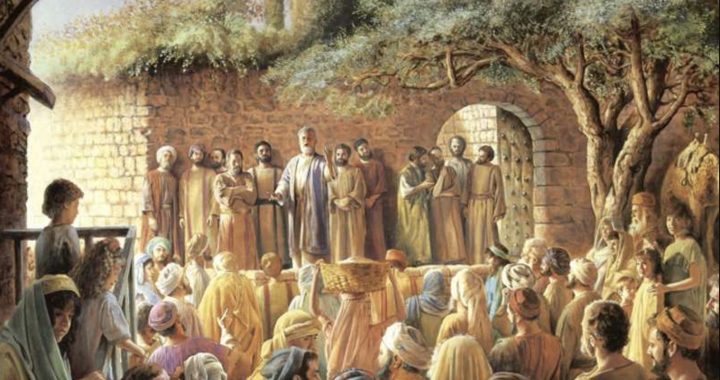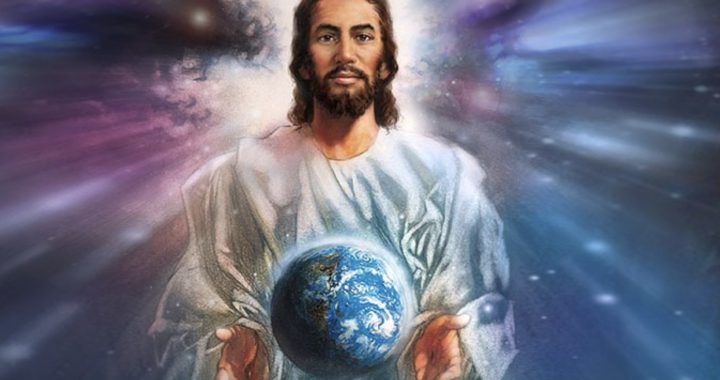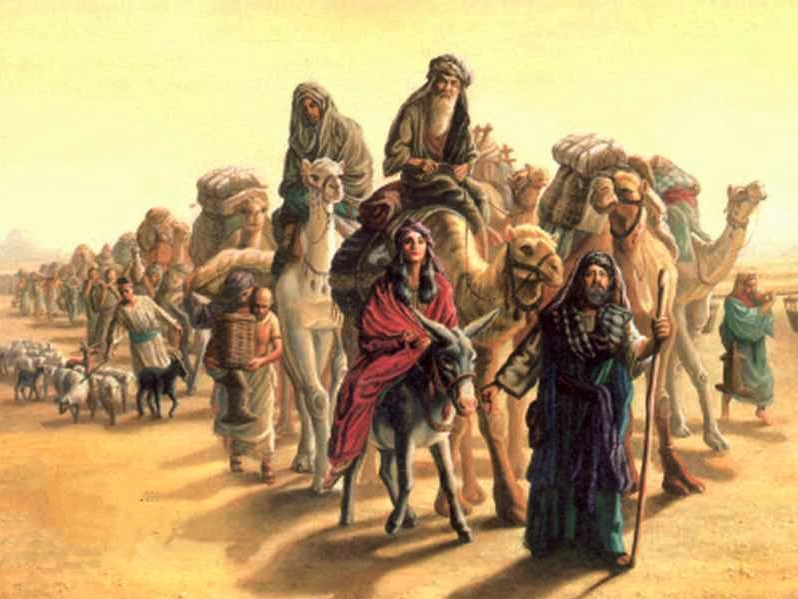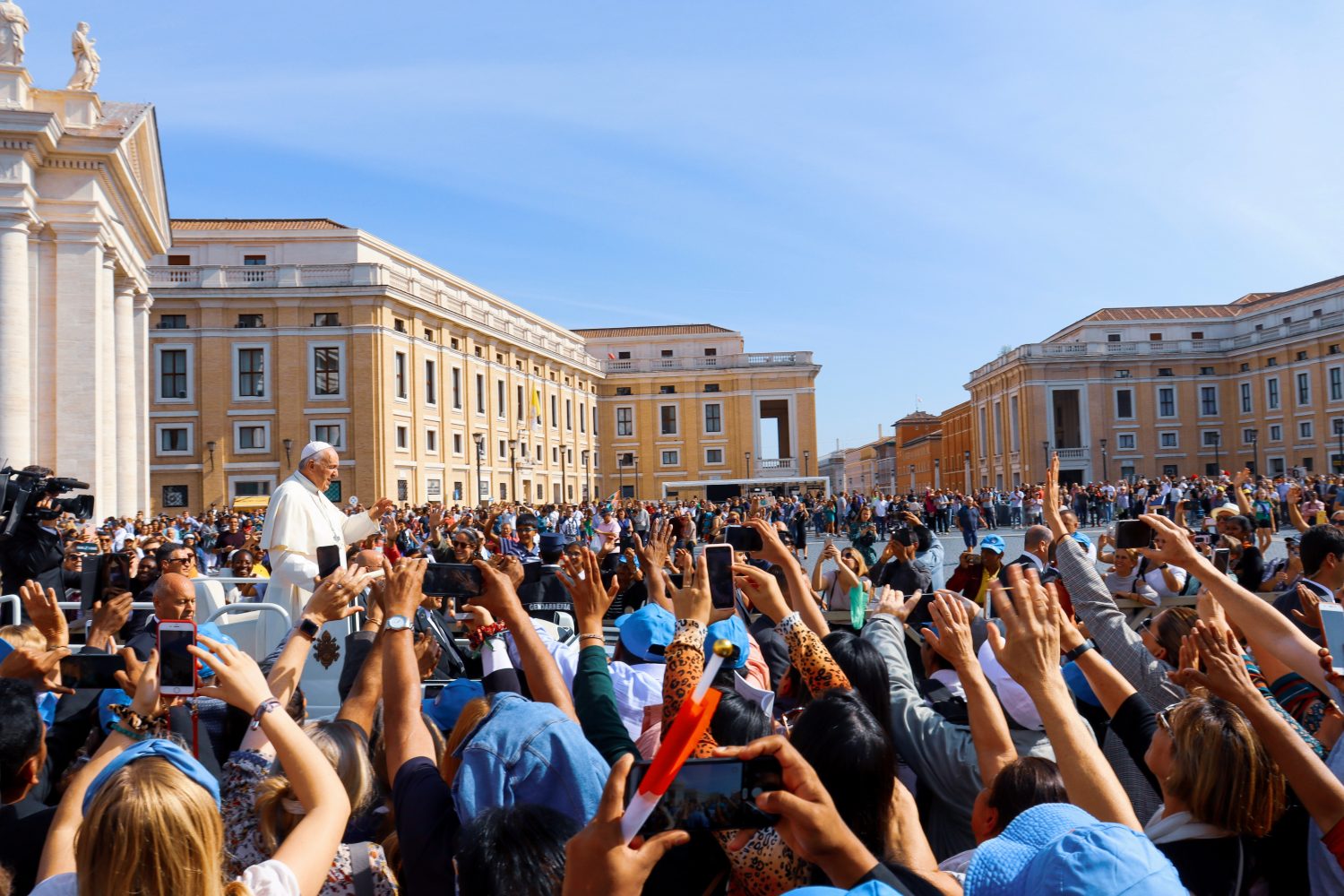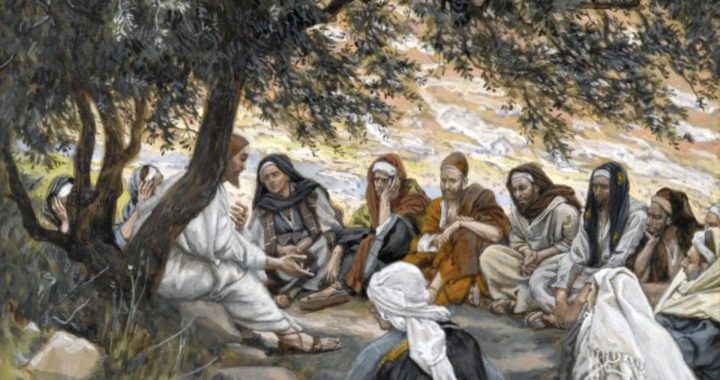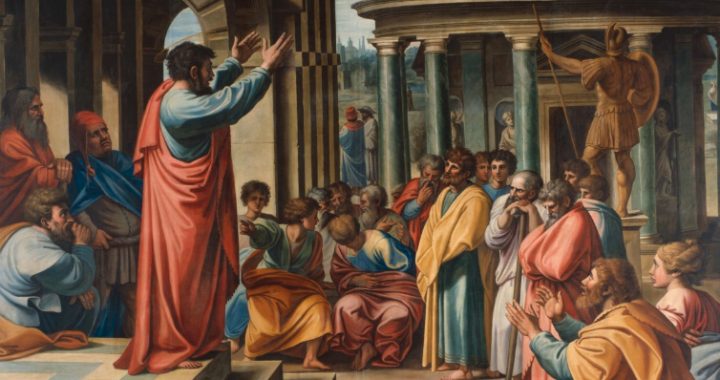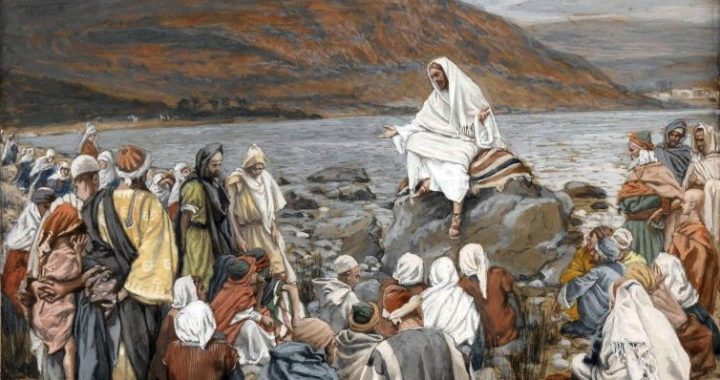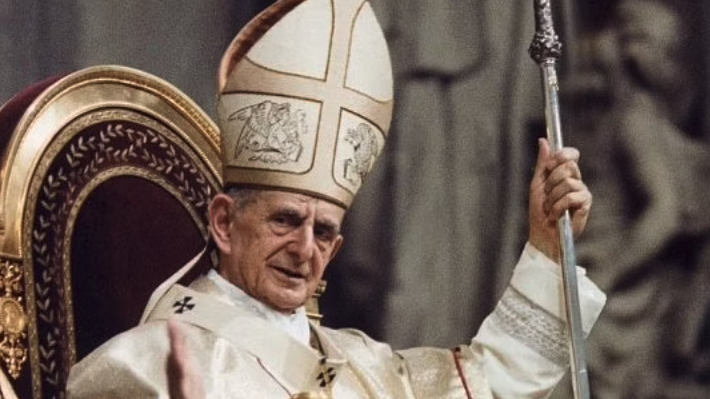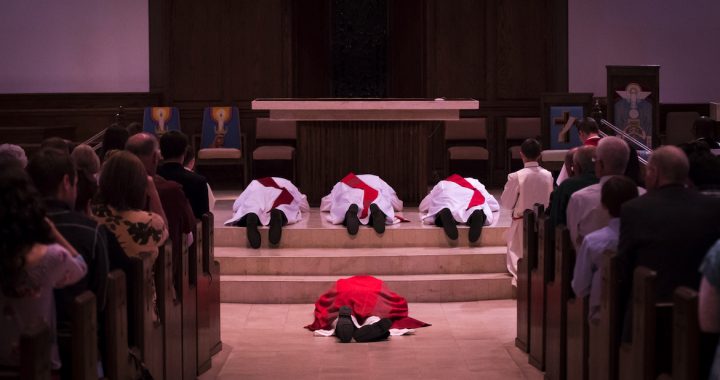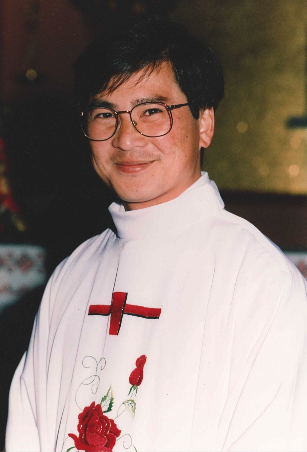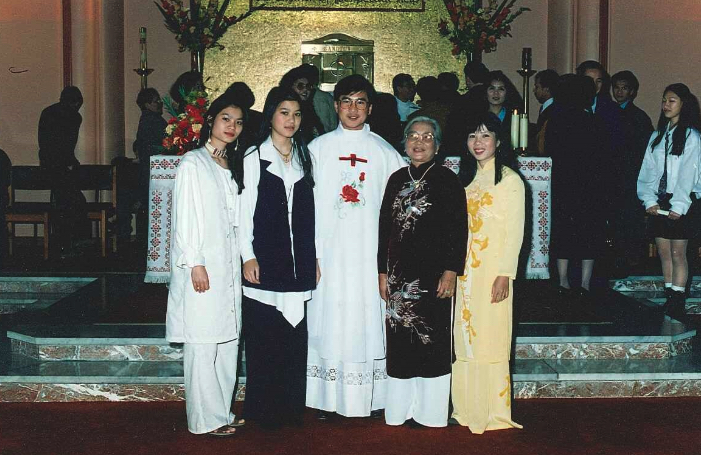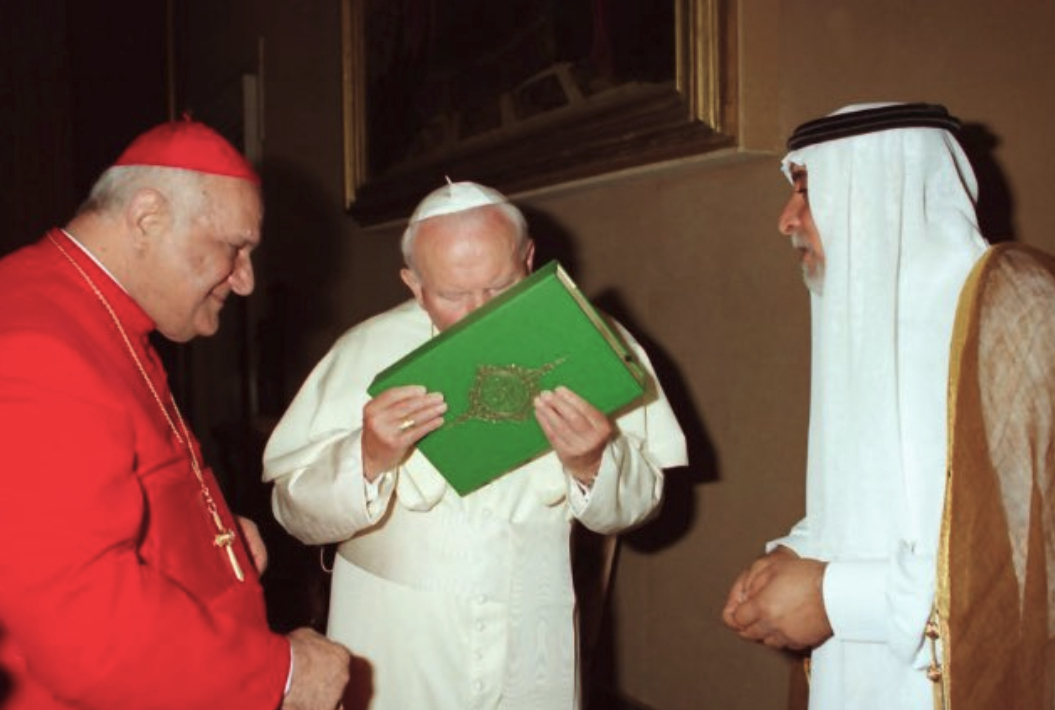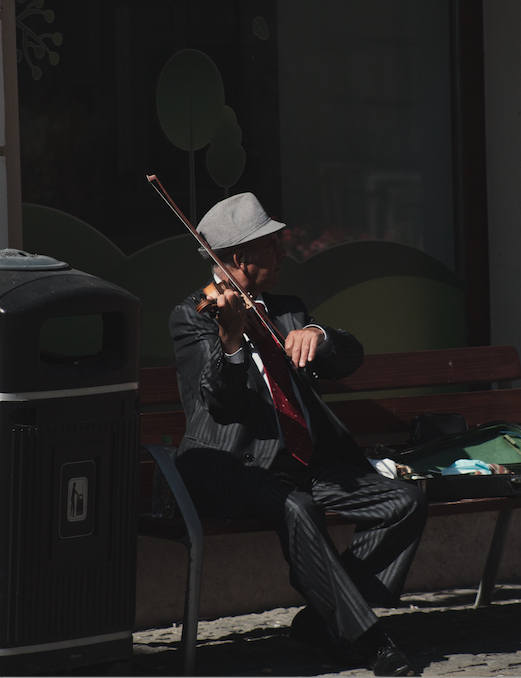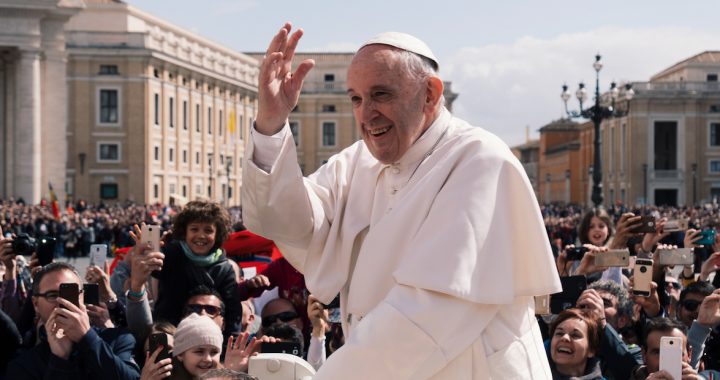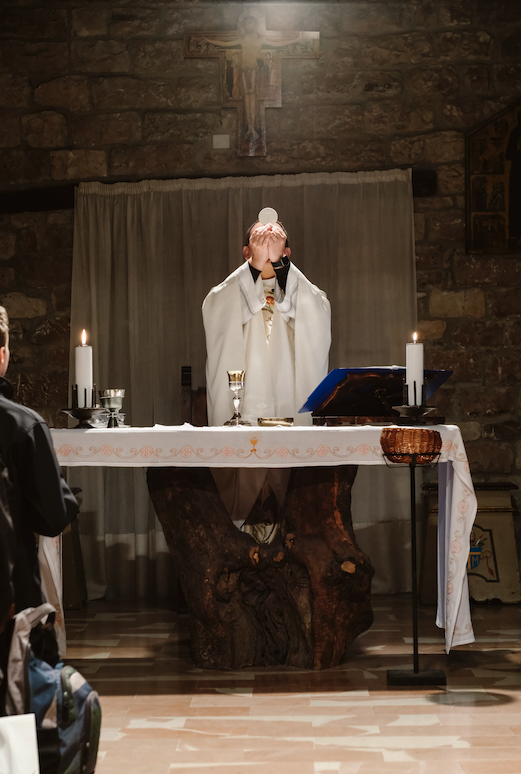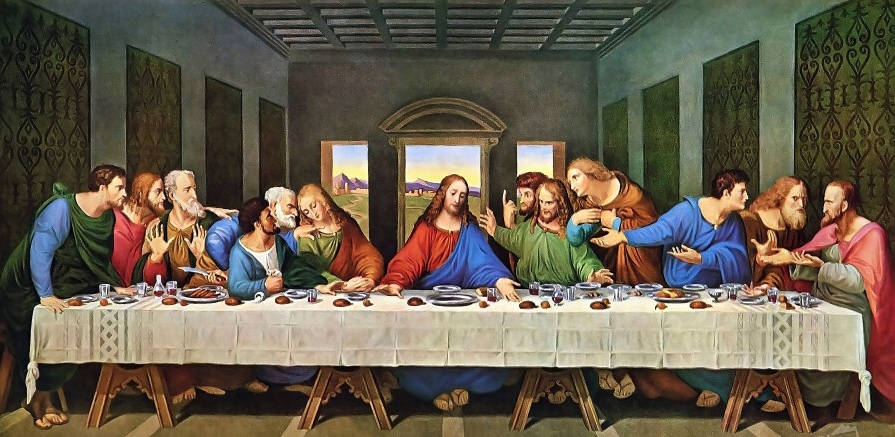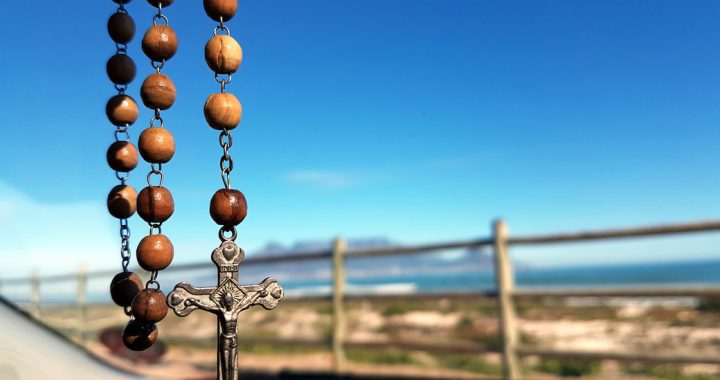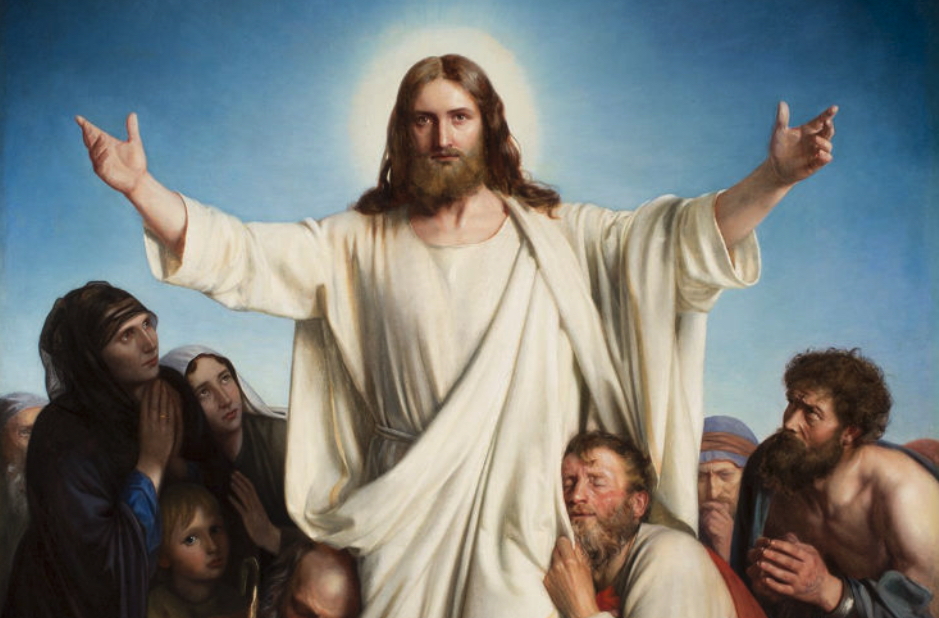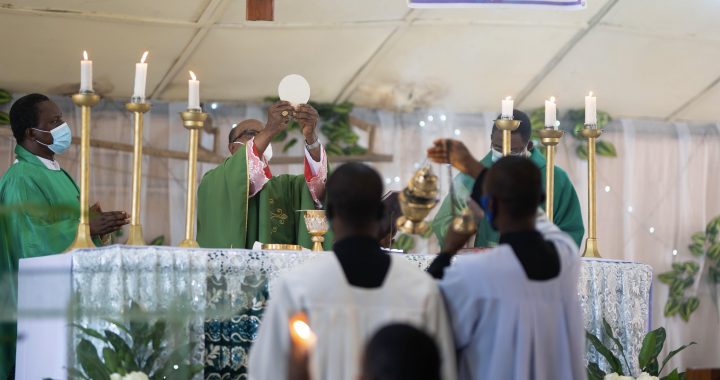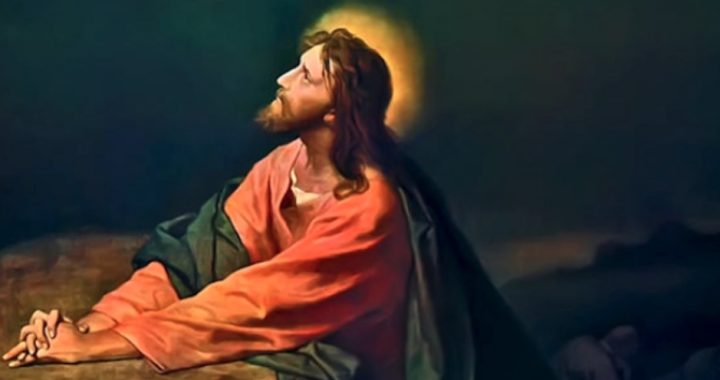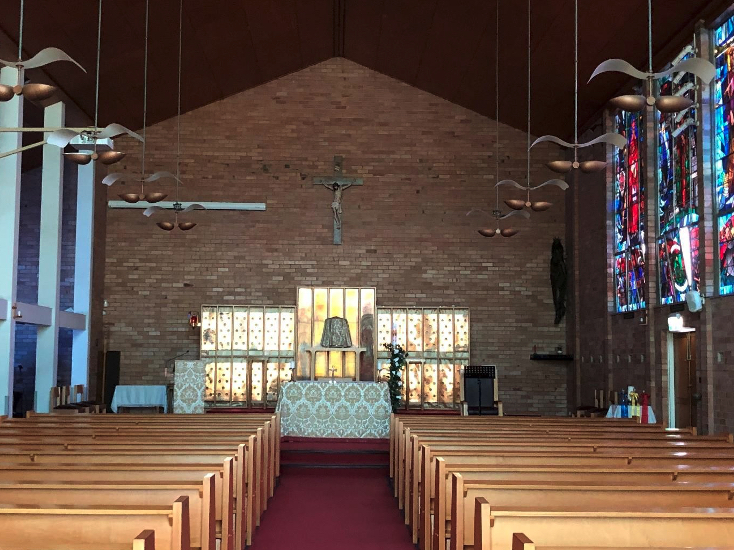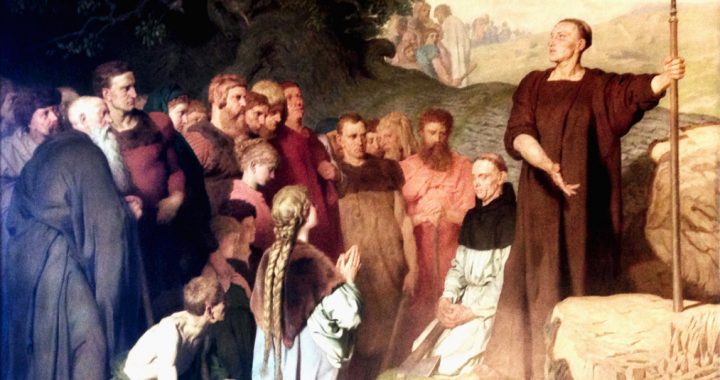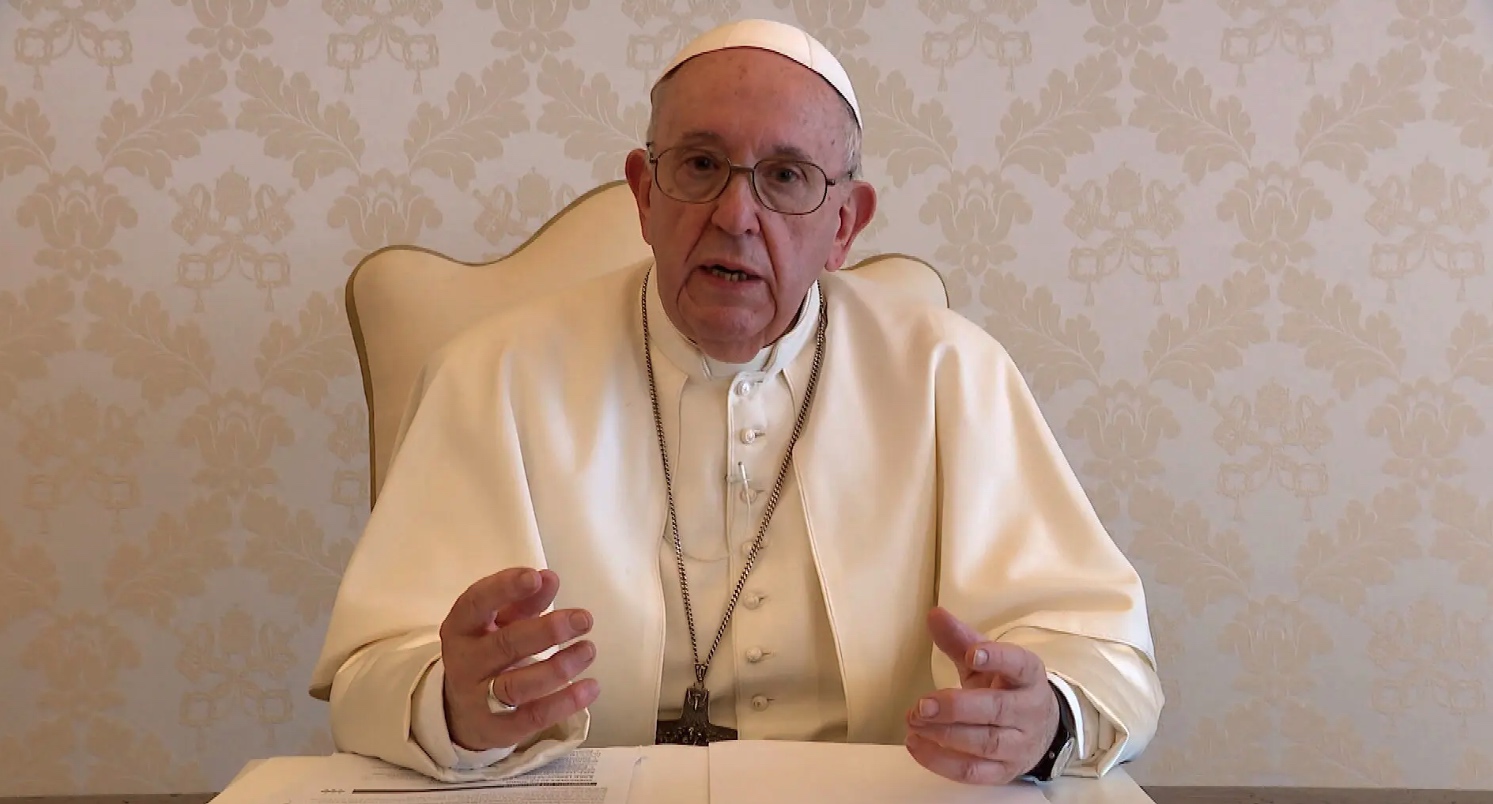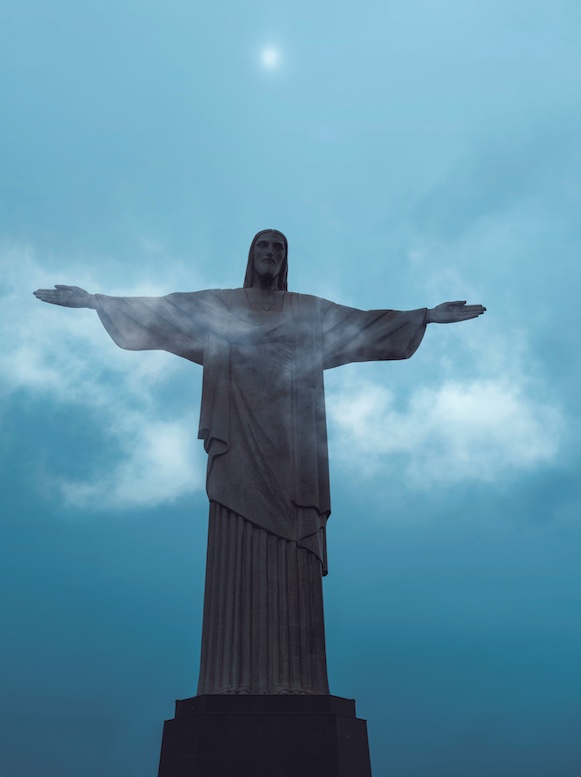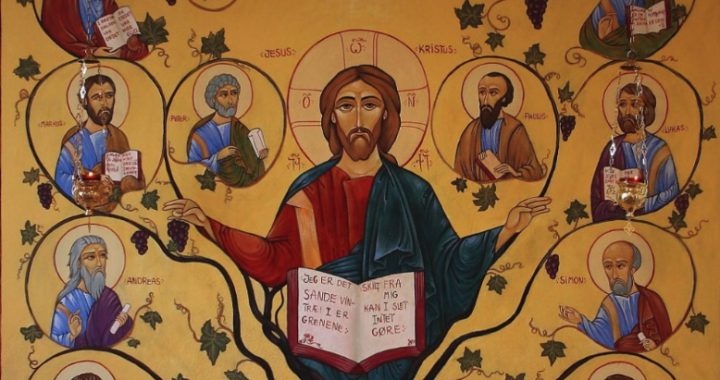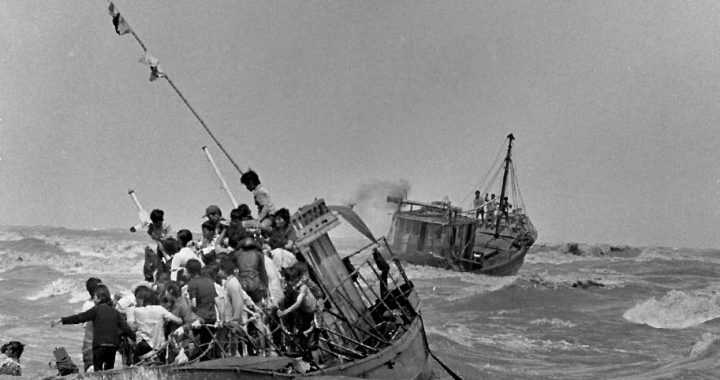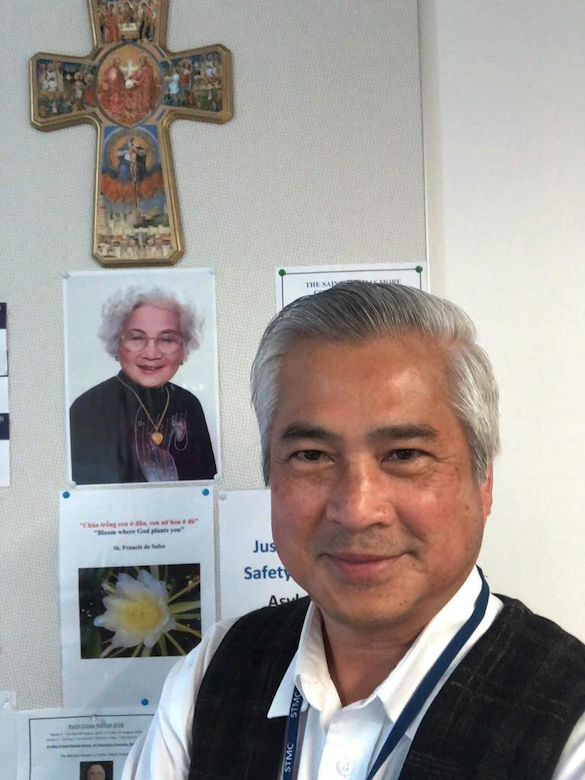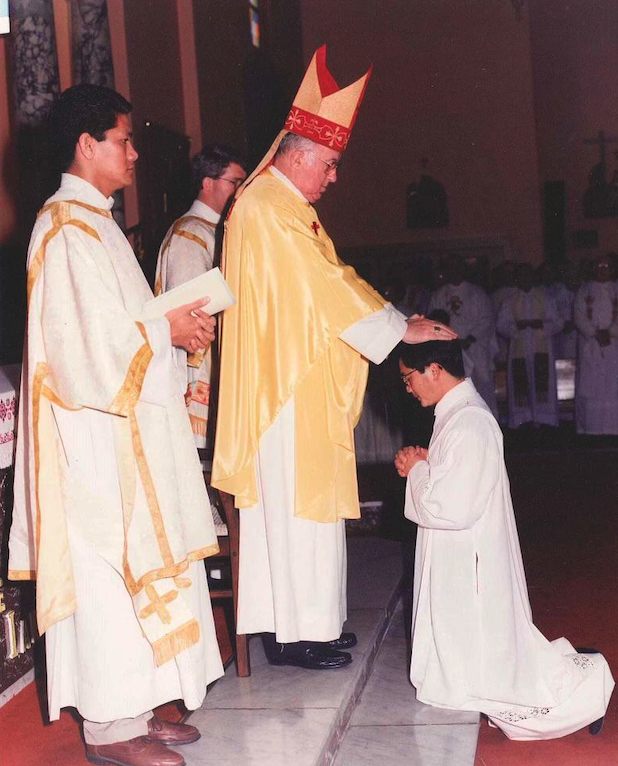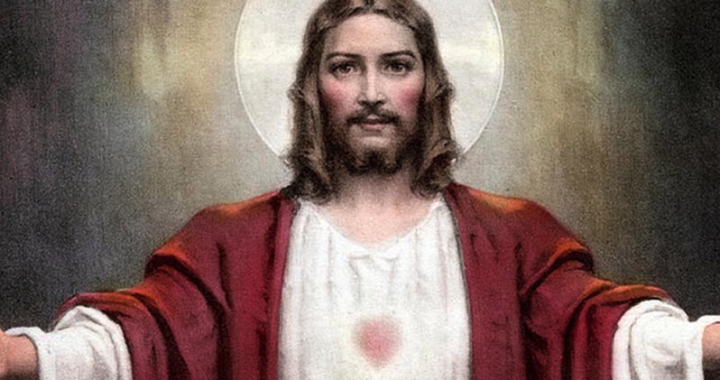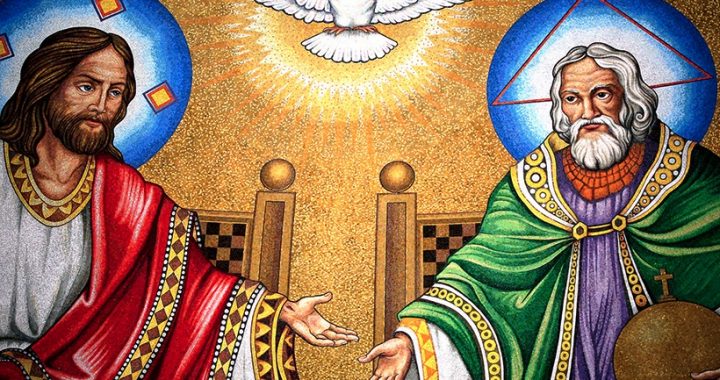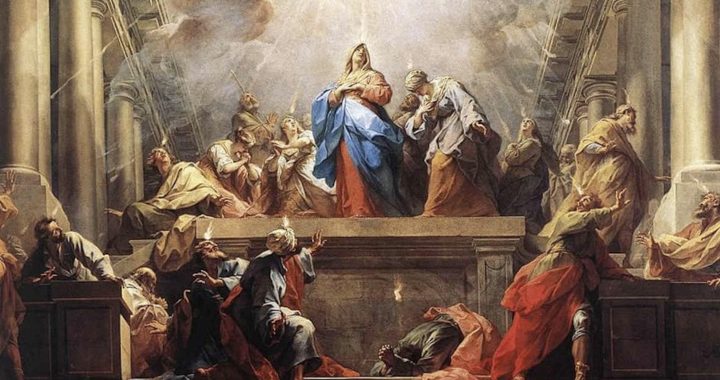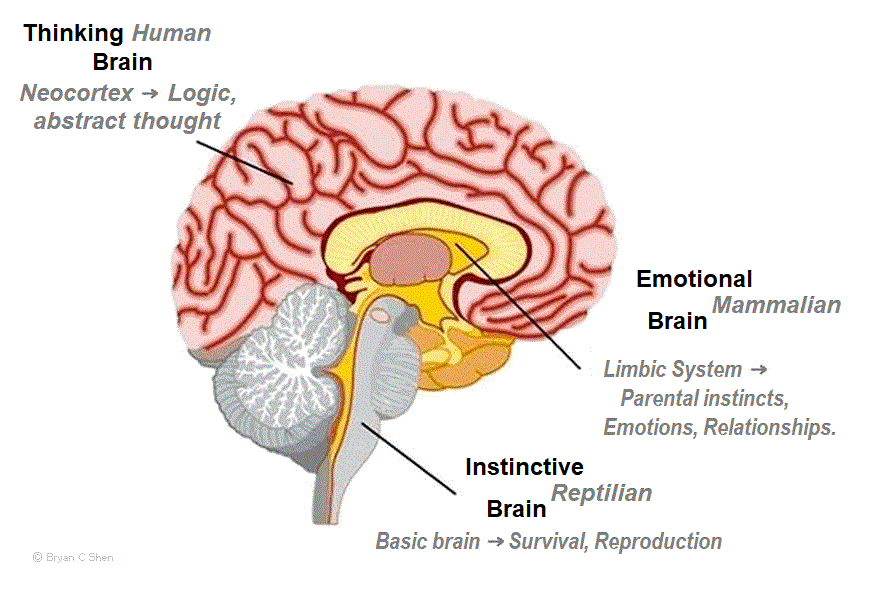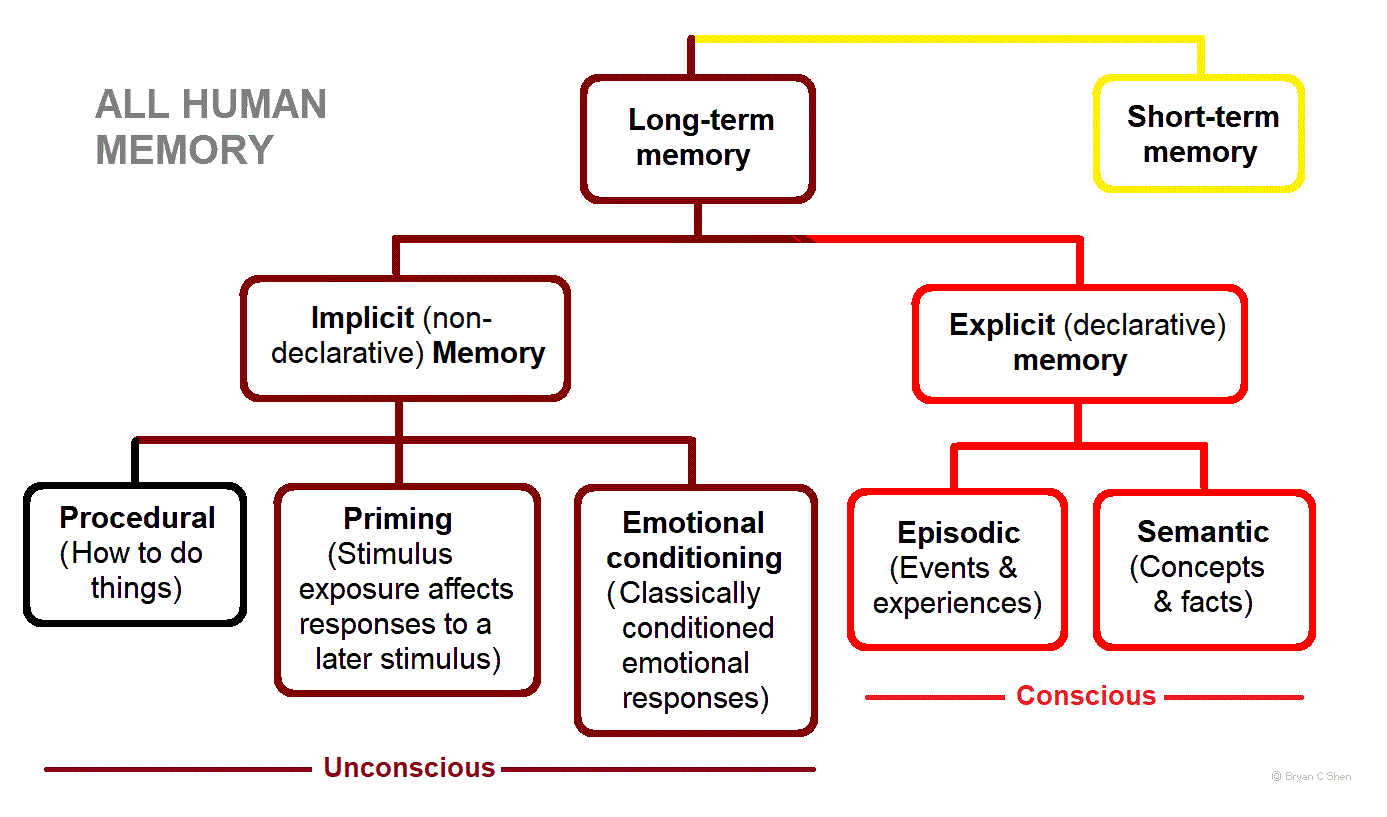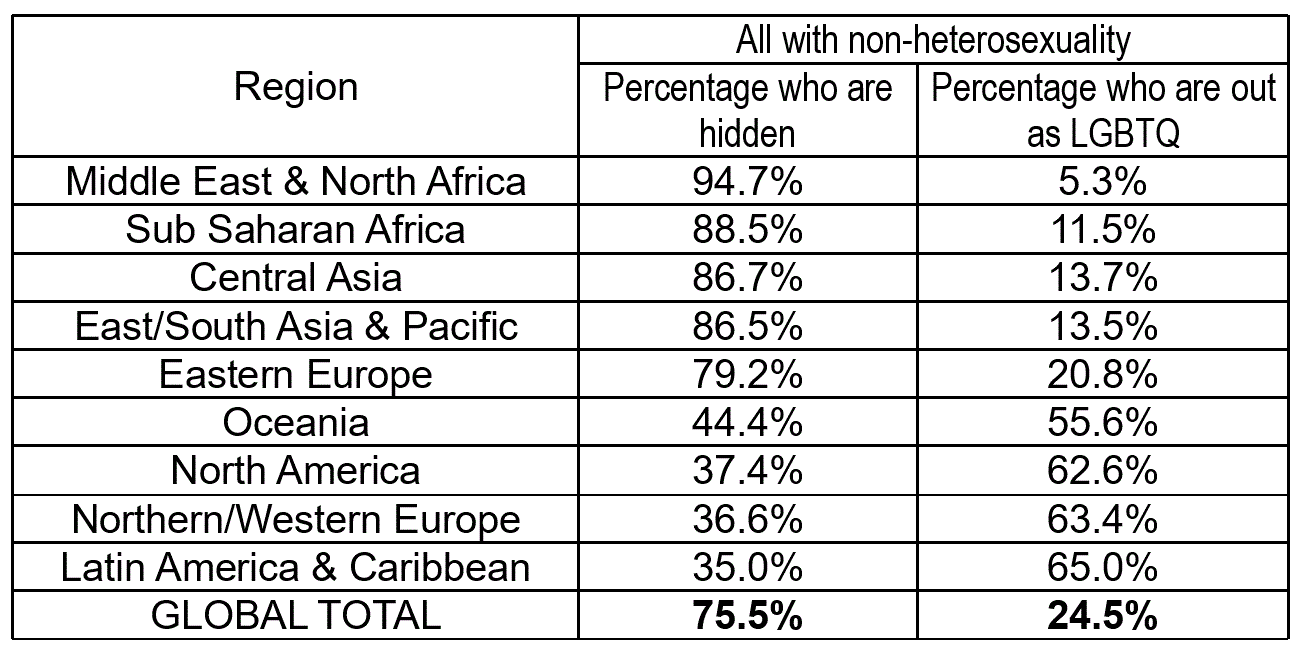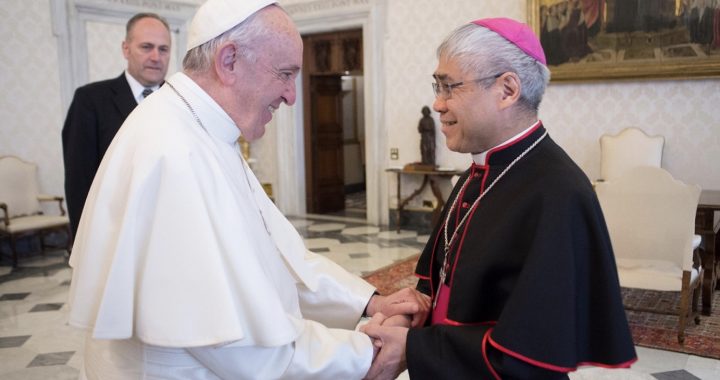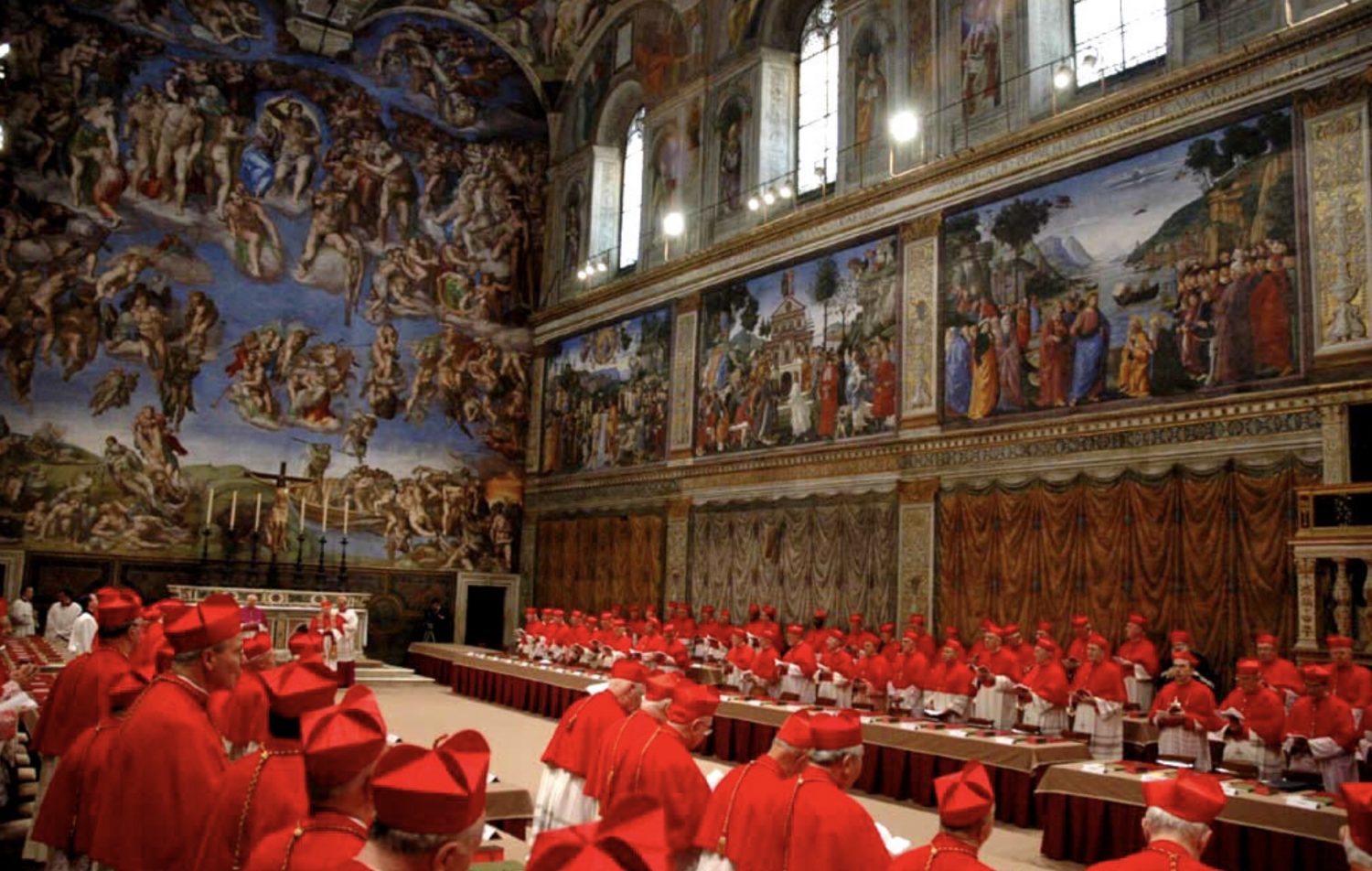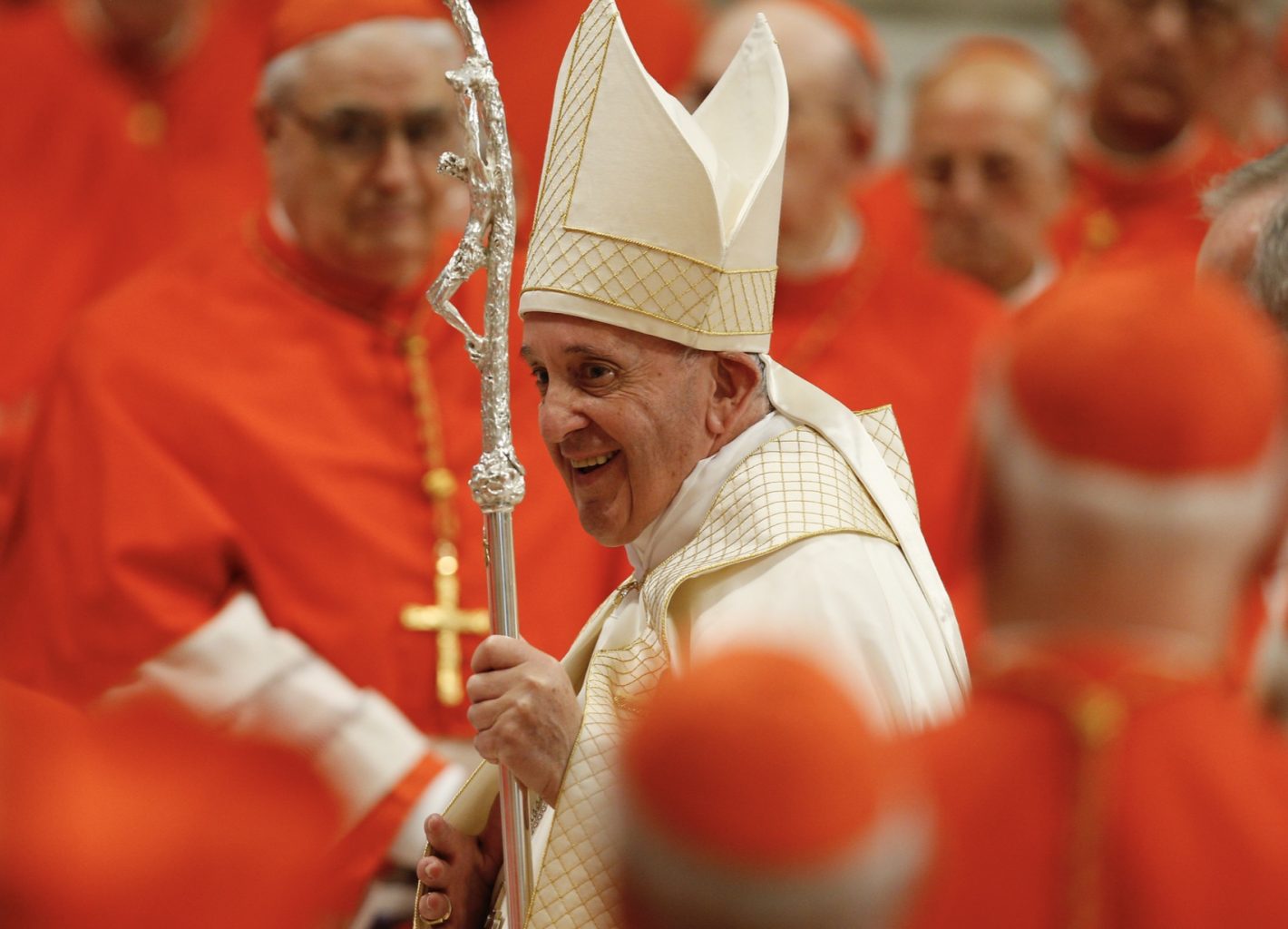Pope Francis prays for the abolition of prisoner executions worldwide
Capital punishment is a topic that never fails to evoke strong emotive opinions from those who are for or against the punishment. It is no different in the Catholic Church. Since Pentecost Day more than 2,000 years ago, She has been on both sides.
It is a worthwhile topic to revisit because many Catholics tend to take extreme either/or positions and this has led to confusion.
Pope Francis’ seems to have settled the matter. His prayer intention for September calls for all people of goodwill “to mobilise” for the abolition of capital punishment throughout the world. (Watch video)
The Holy Father has persistently pushed to eliminate executions of prisoners since 2018 when he reformulated No. 2267 of the Catechism of the Catholic Church to teach that the death penalty is no longer admissible. The previous wording read as “the right and duty of legitimate public authority to punish malefactors by means of penalties commensurate with the gravity of the crime, not excluding, in cases of extreme gravity, the death penalty.”
Two years later, Pope Francis doubled down on the inadmissibility of capital punishment in his encyclical, Fratelli Tutti, much to the dismay of many Catholics, including clergy and theologians, who accused him of changing Catholic doctrine.
Has he?
No, he has not. Pope Francis is only advancing the doctrine to the next level from what his immediate predecessors had developed.
At the heart of this inadmissibility, he teaches that:
… more effective systems of detention have been developed, which ensure the due protection of citizens but, at the same time, do not definitively deprive the guilty of the possibility of redemption. Consequently, the Church teaches, in the light of the Gospel, that ‘the death penalty is inadmissible because it is an attack on the inviolability and dignity of the person’.
Catechism of the Catholic Church 2267
Popes since 1969 call for end to death penalty
In 1969 Pope St Paul VI removed capital punishment from the fundamental law of Vatican City. After him, St John Paul II in his 1995 encyclical, Evangelium Vitae, taught that “If bloodless means are sufficient to defend human lives against an aggressor and to protect public order and the safety of persons, public authority must limit itself to such means …”
This teaching was reflected in his updated version of his Catechism of the Catholic Church in 1997 that Pope Francis recently reformulated.
On Christmas Day in 1998, the Polish Pope reiterated his opposition to capital punishment with the message, “May Christmas help to strengthen and renew, throughout the world, the consensus concerning the need for urgent and adequate measures to halt the production and sale of arms, to defend human life, to end the death penalty …”
Pope Benedict XVI went further when he addressed the Community of Sant’Egidio during his November 2011 general audience with the message, “I express my hope that your deliberations will encourage the political and legislative initiatives being promoted in a growing number of countries to eliminate the death penalty …”
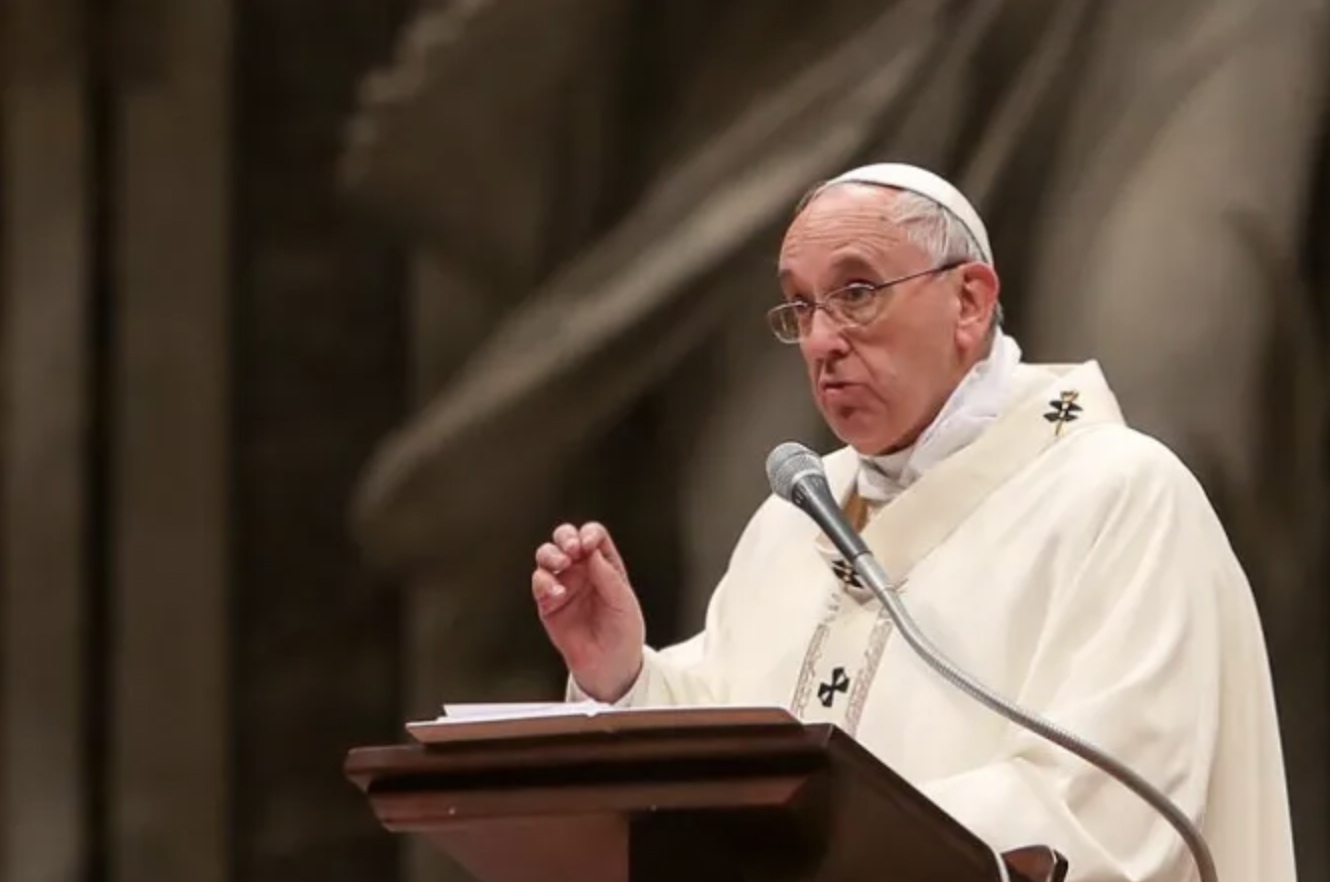
In detailing Pope Francis’ rewording of CCC 2267, Cardinal Luis Ladaria, prefect of the Dicastery (Congregation previously) for the Doctrine of the Faith, explains, “This development centres principally on the clearer awareness of the Church for the respect due to every human life. Along this line, John Paul II affirmed: ‘Not even a murderer loses his personal dignity, and God himself pledges to guarantee this’.”
So, how does this development square with the Old and New Testaments where legal punishment of personal injury did allow “life for life, eye for eye, tooth for tooth” (Exodus 21:23-24)? Acts 5:1–11 speaks of the divine punishment meted out to Ananias and Sapphira when Peter rebuked them for their fraudulent action (Acts 5:1–11).
St Paul, in his Letter to the Hebrews 10:28 says that “a man who has violated the law of Moses dies without mercy at the testimony of two or three witnesses”.
In Romans 13:14 he also writes that rulers acting against wrongdoers do so as “God’s servant for your good” and “does not bear the sword in vain”.
Doctors of the Church Thomas Aquinas and Duns Scotus invoke the authority of Scripture and patristic tradition for the death penalty. Their peers, Saints Robert Bellarmine and Alphonsus Liguor, were also in agreement that certain criminals should be punished by death.
Despite the episode of Ananias and Sapphira in Acts 5 and St Paul’s Hebrew and Roman letters, Christians in the early centuries avoided capital punishment in Imitatio Christi (Imitation of Christ), which was then, as it remains today, the highest standard of holiness. The Church, then, was under persecution and Christians sought to follow Christ in His virtues, and in His sufferings, even to the point of martyrdom.
Christ rejects violence
Jesus, himself, refrained from using violence. He rebuked his disciples for wishing to call down fire from heaven to punish the Samaritans for their lack of hospitality (Luke 9:55). Later he admonished Peter to put his sword in the scabbard rather than resist arrest (Matthew 26:52).
The Church’s tolerance of capital punishment came about when Christianity was legalised in 313 AD and Catholics rose to positions of governance. Christian judges, especially, were required to dispense justice, including capital punishment, according to the laws of the land, but would be in mortal sin if the Church taught against legitimate authorities bearing the sword.
The clergy, though, were prohibited from participating in capital punishment for they were teachers of the Gospel and, as evangelisers, exercise the ministry of redemption.
What recent popes, especially Francis, have done and are doing is to reorientate the Church towards when She taught against capital punishment.
In Fratelli Tutti, the Holy Father reminds us that “Pope Nicholas I (858-867 AD) urged that efforts be made ‘to free from the punishment of death not only each of the innocent, but all the guilty as well. During the trial of the murderers of two priests, Saint Augustine asked the judge not to take the life of the assassins with this argument: ‘We do not object to your depriving these wicked men of the freedom to commit further crimes. Our desire is rather that justice be satisfied without the taking of their lives or the maiming of their bodies in any part. … Do not let the atrocity of their sins feed a desire for vengeance, but desire instead to heal the wounds which those deeds have inflicted on their souls’”.
Risk of executing the innocent
A key concern of the Church and people of goodwill has always been the miscarriage of justice that results in the execution of innocent people. While data covering all countries are unavailable, a 2014 study in the United States estimates that at least 4% of executed prisoners are innocent.

Despite all the safeguards in place, no justice system is perfect and we can assume innocent lives are lost through capital punishment up to this very day in countries that practise this punishment. In repressive authoritarian systems, the death penalty is also often used as a tool for vengeance and to silence political opponents.
Addressing the 6th World Congress Against the Death Penalty in 2016 Pope Francis makes this point.
(Capital punishment) does not render justice to victims, but instead fosters vengeance. The commandment ‘Thou shalt not kill’ has absolute value and applies both to the innocent and to the guilty.
The question must be dealt with within the larger framework of a system of penal justice open to the possibility of the guilty party’s reinsertion in society. There is no fitting punishment without hope! Punishment for its own sake, without room for hope, is a form of torture, not of punishment.
Returning to Scriptures, Moses sings that God will vindicate His people with the phrase “vengeance is mine” in Deuteronomy 32:35. He adds “In due time their foot will slip; their day of disaster is near and their doom rushes upon them.” In St Paul’s letter to the Romans, he also emphasises they should not “repay evil for evil” (Rom 12:17).
What we can take away from this is that man must not exact punishment on behalf of God for His honour. He will satisfy His own wrath. God destroyed Sodom and Gomorrah out of vengeance for their iniquity (Gen 19).
But He withheld vengeance from Nineveh after Jonah preached to them (Jon 3).
The Almighty, and not men, knows the hearts of every person and seeks repentance from all sinners, no matter how grave their offences are. He shows mercy to those who do and rain down His justice perfectly on those who refuse.
Submission of mind and will to Pope Francis’ teaching
So, while Pope Francis is not redefining capital punishment as “intrinsically evil” and therefore always wrong, which would have changed Catholic doctrine, he is teaching that its application is no longer admissible. This is the fundamental point that many Catholic theologians, clergy and laity have not given much weight or ignored outright.
At its core, what Pope Francis is teaching is that while “Legitimate public authority has the right and duty to inflict punishment proportionate to the gravity of the offense (CCC 2266)”, the reasons for applying the death penalty are no longer admissible. In CCC 2267 and Fratelli Tutti he makes this point that the Church “works with determination for its abolition worldwide”.
Catholic legislators and judges, therefore, would not be in mortal sin if they are required to dispense the legitimate laws of their jurisdictions. But they and all Catholics must give religious submission of mind and will to Pope Francis’ teaching on the death penalty.
Those who refuse to do so, will do well to read Donum Veritatis, the instruction that the then prefect Cardinal Joseph Ratzinger’s Congregation (Dicastery) for the Doctrine of the Faith, issued to theologians. But it is good reading for all Catholics. Key paragraphs:
28. … a particular application (is) the case of the theologian who might have serious difficulties, for reasons which appear to him well founded, in accepting a non-irreformable magisterial teaching.
Such a disagreement could not be justified if it were based solely upon the fact that the validity of the given teaching is not evident or upon the opinion that the opposite position would be the more probable. Nor, furthermore, would the judgment of the subjective conscience of the theologian justify it because conscience does not constitute an autonomous and exclusive authority for deciding the truth of a doctrine.
29. In any case there should never be a diminishment of that fundamental openness loyally to accept the teaching of the Magisterium as is fitting for every believer by reason of the obedience of faith. The theologian will strive then to understand this teaching in its contents, arguments, and purposes. This will mean an intense and patient reflection on his part and a readiness, if need be, to revise his own opinions and examine the objections which his colleagues might offer him.
According to available data, most executions take place in Asia, with China topping the global list. Only Bhutan, Cambodia, East Timor, Hong Kong, Israel, Kazakhstan, Kyrgyzstan, Macau, Mongolia, Nepal, the Philippines, Turkmenistan and Uzbekistan have abolished the practice.
Main Image: Pexels, Koolshooters




